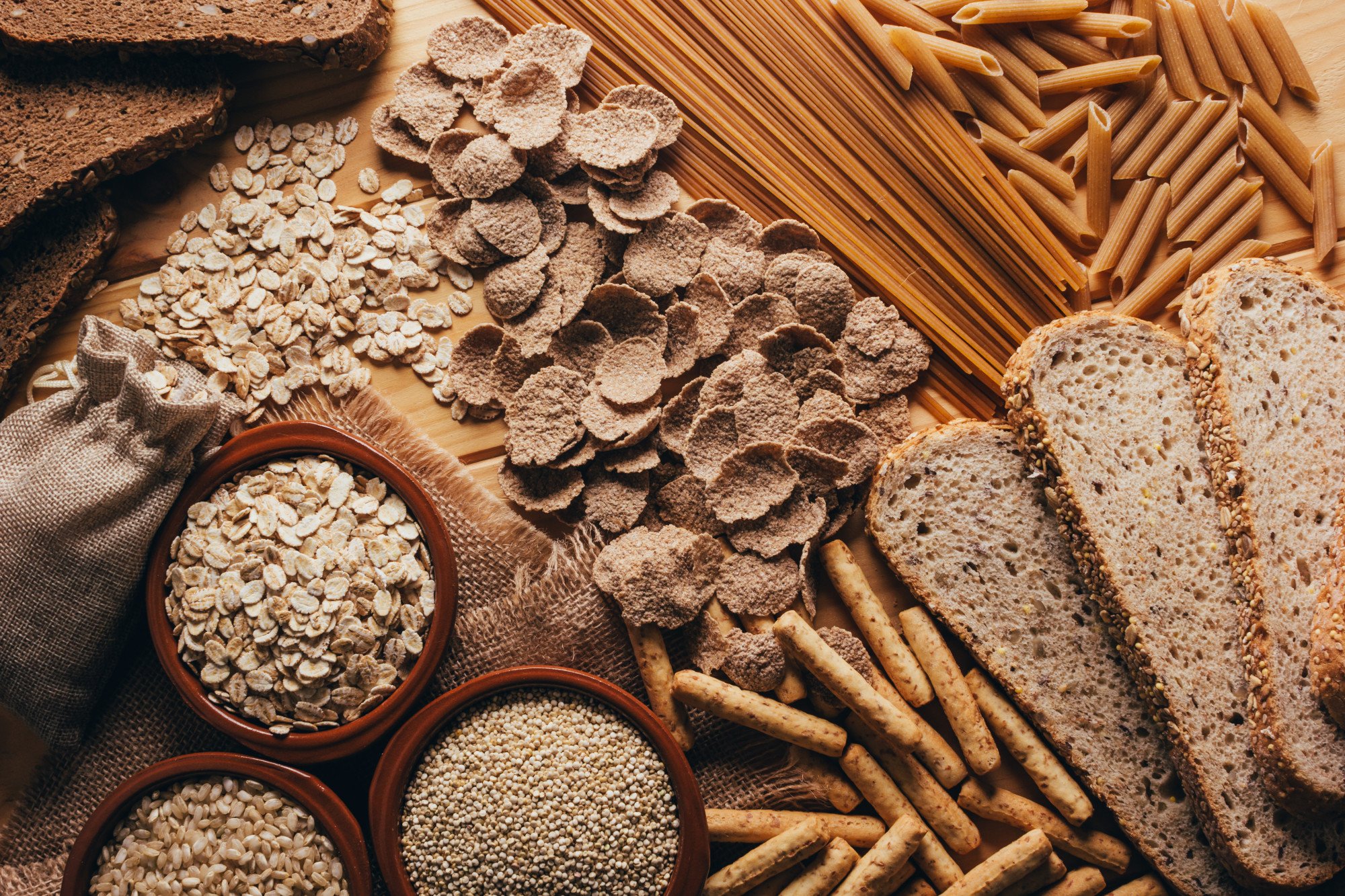
Explainer | Why B vitamins are essential for well-being, signs of vitamin B deficiency, and the foods to eat and supplements to take to avoid that, according to experts
- B vitamins, of which there are 8, are important for brain and heart health. Not getting enough can cause fatigue, and in some cases depression and even dementia
- Two nutritionists describe foods high in B vitamins, break down the effects of B vitamin deficiency and reveal what to eat if you suspect you have a problem
Are you feeling more fatigued or less energetic than usual? Or going through a particularly stressful period? You may want to check if you are getting enough B vitamins from your diet.
The B group vitamins, known as vitamin B complex, refer to vitamins B1 (thiamine), B2 (riboflavin), B3 (niacin), B5 (pantothenic acid), B6 (pyridoxine), B7 (biotin), B9 (folate), and B12 (cobalamin).
These eight types of B vitamin work together to help the body function optimally, says Cyrus Luk, a dietitian and executive committee member of the Hong Kong Dietitians’ Association. So they are all essential to overall well-being.
“B vitamins may improve chronic fatigue, as many are involved in energy metabolism,” Luk says, referring to the process of generating energy from our nutrient intake.

Not having enough B vitamins may affect the body’s ability to metabolise carbohydrates, proteins and fats, he explains, leaving us with low energy levels and feelings of mental and physical fatigue.
Benefits of B vitamins
Three B vitamins – B1, B6 and B12 – help keep our brain and nervous system healthy by supporting the production of neurotransmitters, the body’s chemical messengers.
In serious cases, a deficiency in B vitamins can lead to confusion, memory loss, depression, and even dementia

Vitamin B deficiency
According to research in the United States, a vitamin B deficiency affects at least 3 per cent of those aged 20–39 years, 4 per cent of those aged 40–59 years, and 6 per cent of those aged 60 or over.
A few groups of people may be especially prone to B vitamin deficiencies, says Dr Vanita Rahman, an internal medicine and lifestyle medicine physician and nutritionist, and clinic director at the Barnard Medical Centre in Washington.

Some people produce less stomach acid in old age and absorb vitamin B12 less efficiently, Rahman explains; stomach acid is needed to release B12 from food.

Signs you may have a problem
“People who are deficient in B vitamins may experience fatigue, weakness, or a pervasive sense of low energy,” Luk says.
Four diet tips for losing weight: eat more Vitamin B and omega 3 fats
If you are concerned, you can ask your doctor for a blood test to check your vitamin B levels.
Which foods contain B vitamins?

Animal products that are considered good sources of B vitamins include organ meats (B1, B3 and B12); seafood (B3, B7 and B12); lean meat (B1, B3, B6, B7 and B12); and eggs (B3 and B12).
Fortified nutritional yeast and fortified plant-based milk may also contain vitamin B12.
Her health problems vanished after adopting a whole food plant-based diet
When given the choice between whole grains, such as brown rice, and refined grains, such as white rice, Luk says to choose the former. Whole grains contain more B vitamins – and more dietary fibre.
A new plant-based B12 source
The floating duckweed plant was recently discovered to be high in vitamin B12, and in protein. Also known as water lentil, Asian water meal, Lemna minor and Wolffia globosa or Wolffia globosa-Mankai (a specific strain), duckweed has been eaten by people in Southeast Asia for many years.

It contains vitamins A and E, the minerals calcium, magnesium, selenium and manganese, and phytosterols, which help manage cholesterol levels.
While you won’t find many duckweed-based products available in the market, several companies globally – in Japan, the United States and Israel, for example – have offered such products, mostly in powdered form for use in smoothies or to mix into soups or other foods.
Several studies attest to duckweed’s nutritional value, including a 2020 study in the journal Nutrients that concluded the Mankai strain “contains bioactive B12 compounds and could serve as a B12 plant-based food source”.
5 nutrients good for brain health that can delay dementia, or prevent it
B12 supplement guidance
If you are older, vegan, or take metformin, Rahman says you could consider taking a B12 supplement. Adults need only 2.4 micrograms per day, and this can be obtained from over-the-counter methylcobalamin or cyanocobalamin tablets.
“Cyanocobalamin is a synthetic form of vitamin B12 found only in supplements, while methylcobalamin is a naturally occurring form,” Luk says.
Which vitamins and supplements to take – can DNA tests help you decide?
“Some studies suggest that cyanocobalamin may be absorbed more easily, while methylcobalamin might be retained more effectively in the body. However, the differences in absorption and retention between the two forms may not be significant, according to research.”
So while there is no clear recommendation on which form is best to take, both are effective in treating vitamin B12 deficiency, Luk says. There are also vitamin B-12 injections or nasal sprays to treat vitamin B-12 deficiency.
The US National Institutes of Health says the body stores 1,000 to 2,000 times as much vitamin B12 as you’d typically eat in a day, so the symptoms of vitamin B12 deficiency can take several years to appear.

